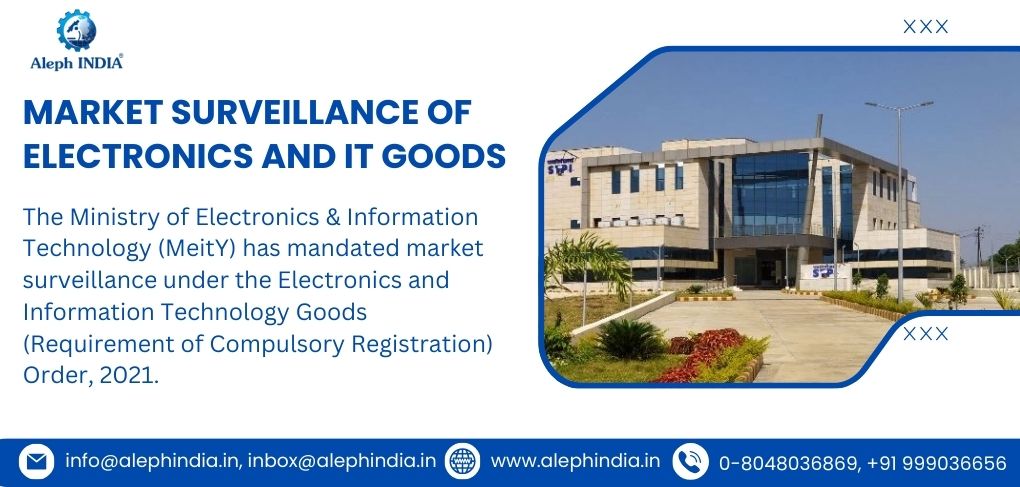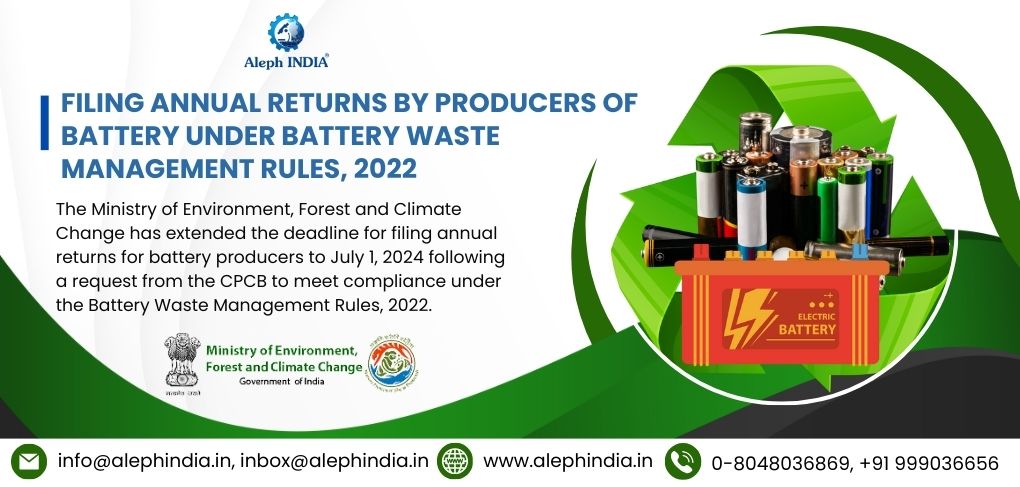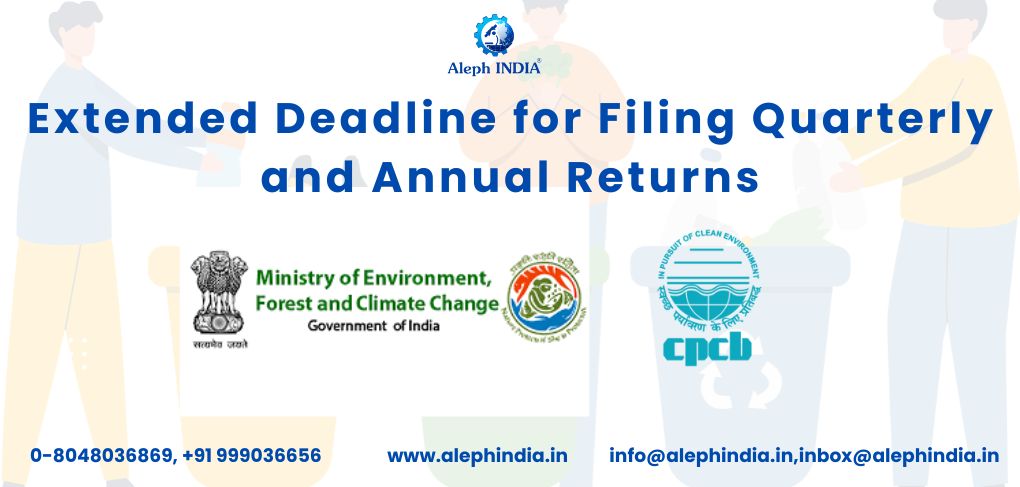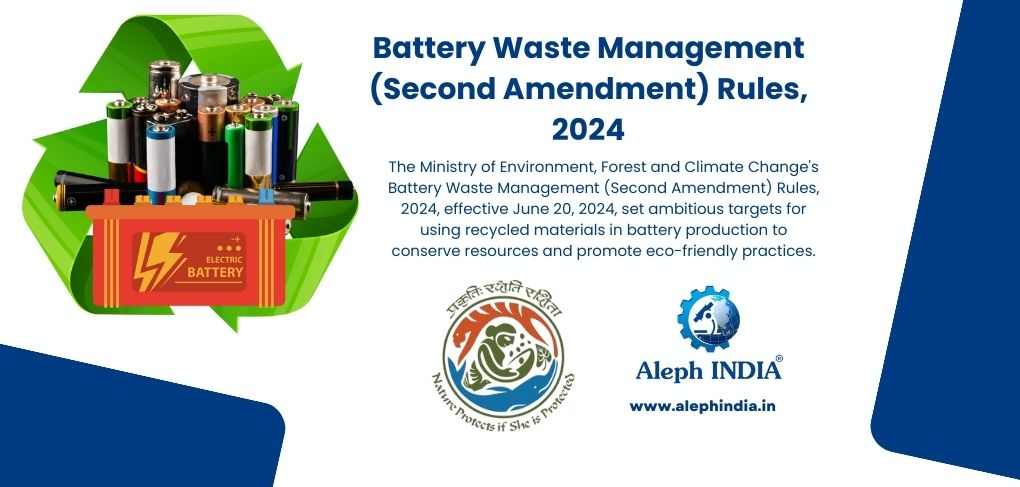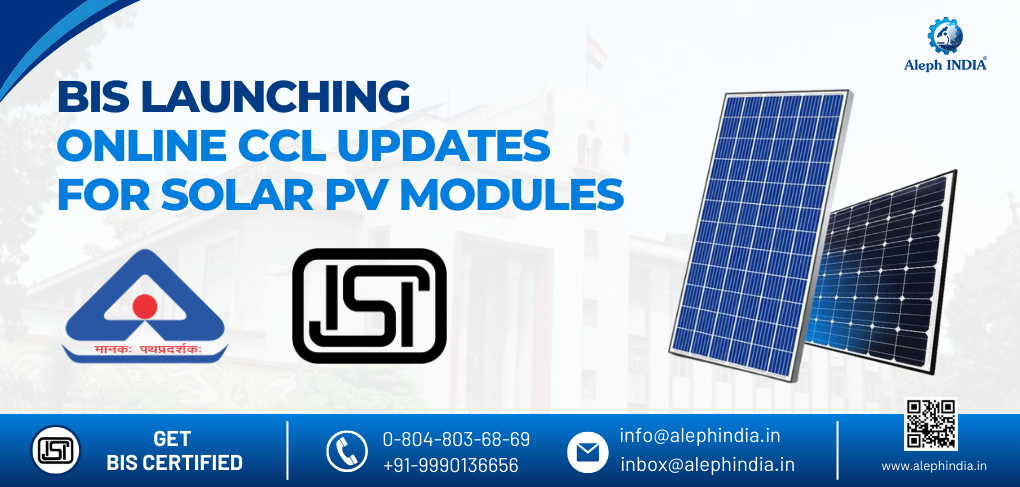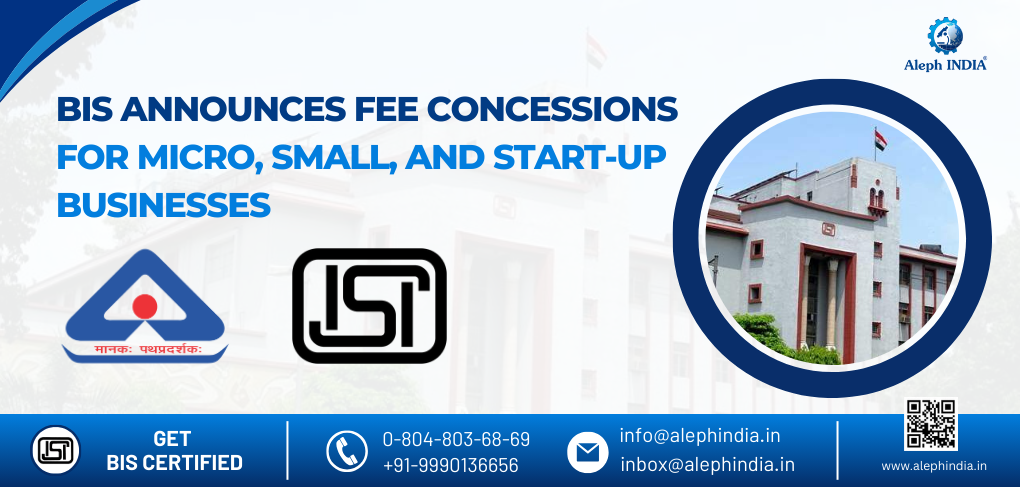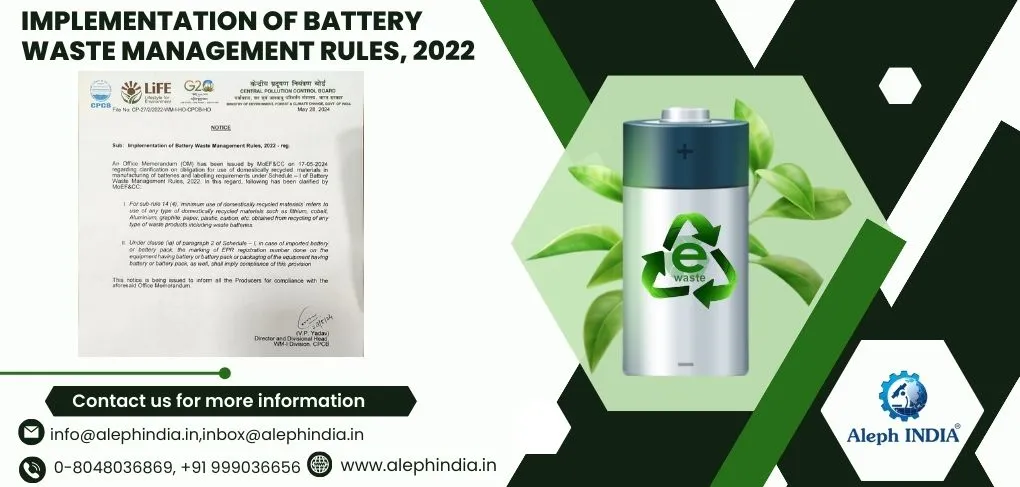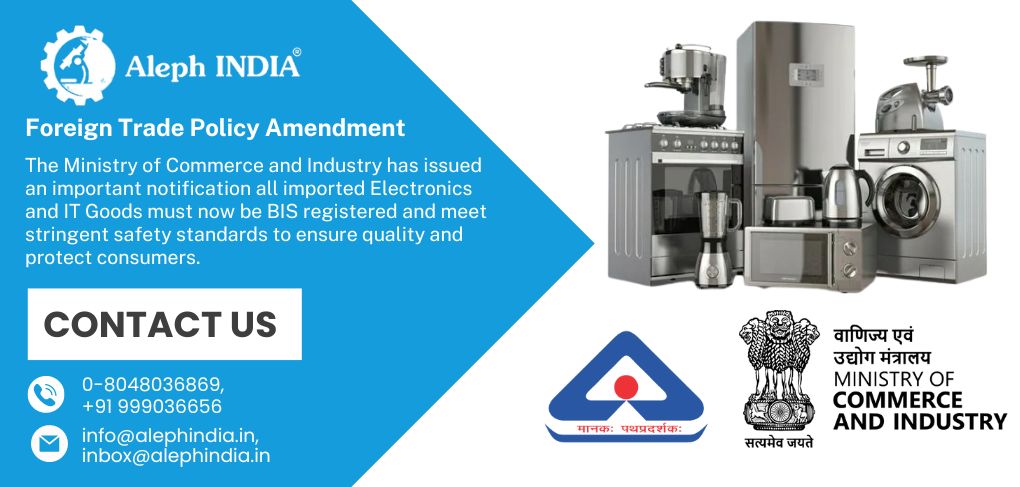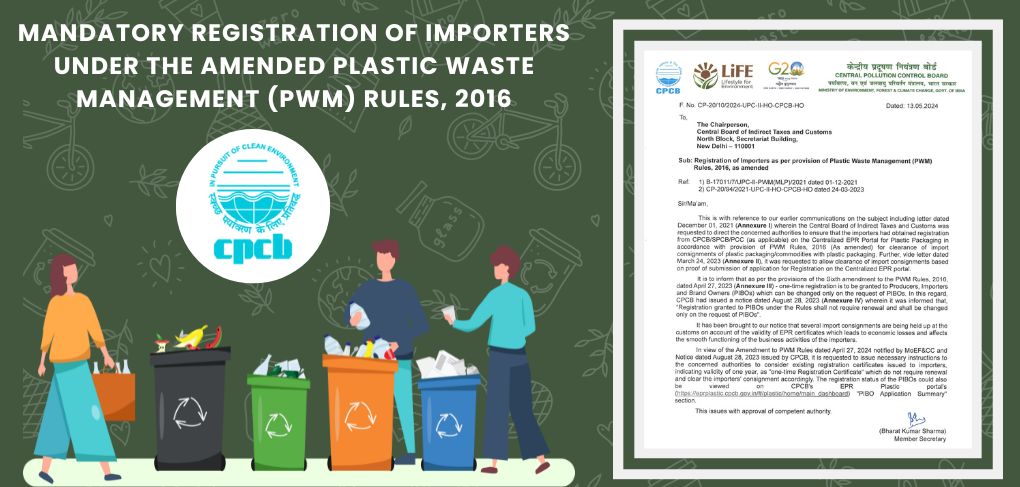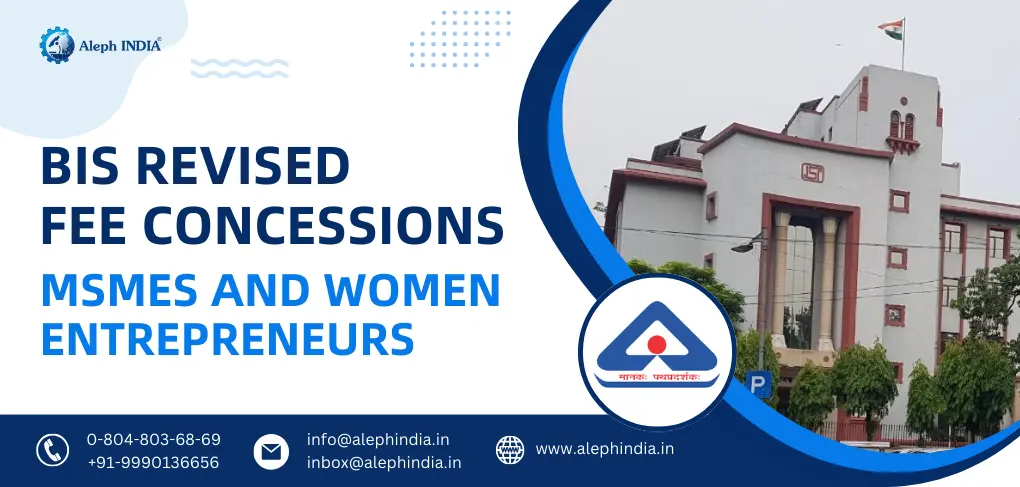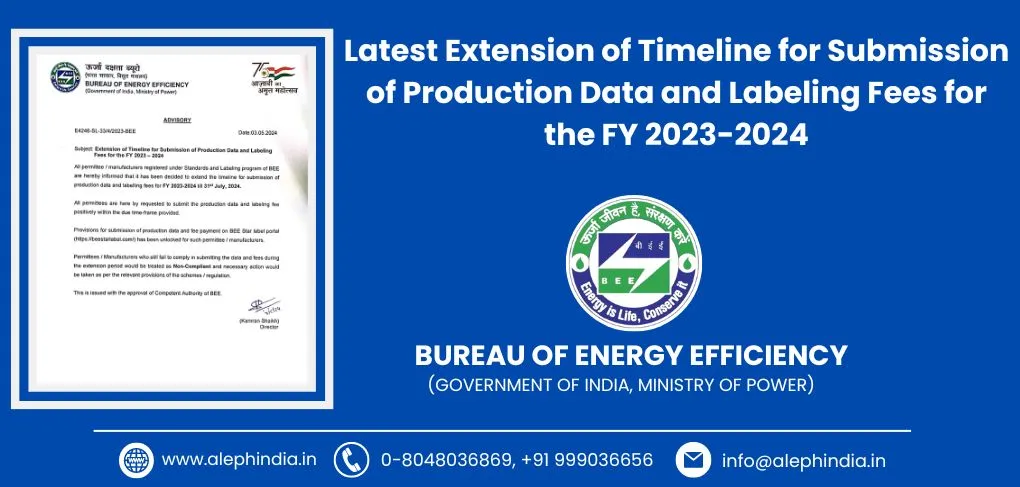- HOME
- ABOUT US
- SERVICES
-
LICENCE & CERTIFICATION
- BIS (ISI MARK) FOR FOREIGN MANUFACTURERS
- DOMESTIC PRODUCT CERTIFICATION (ISI MARK)
- BIS SCHEME X CERTIFICATION
- BIS CERTIFICATE OF CONFORMITY (CoC)
- BIS HALLMARKING
- BIS LICENCE FOR TOYS
- REACH CERTIFICATION (GLOBAL)
- COSMETIC REGISTRATION (CDSCO)
- LABORATORY RECOGNITION SCHEME (LRS)
- WORLD MANUFACTURER IDENTIFIER (WMI) CODE
- ECO MARK
- TAC APPROVAL FOR AUTOMOBILE
- DRUG LICENCE
- PESO CERTIFICATION
-
REGISTRATION
- BIS (CRS) REGISTRATION FOR ELECTRONIC PRODUCT
- WPC-ETA APPROVAL
- BEE CERTIFICATION
- E-WASTE MANAGEMENT (EPR)
- EPR REGISTRATION FOR PLASTIC WASTE MANAGEMENT
- EPR REGISTRATION FOR BATTERY WASTE MANAGEMENT
- EPR REGISTRATION FOR USED OIL
- LEGAL METROLOGY (LMPC)
- TEC/MTCTE APPROVAL
- CE CERTIFICATION
- UL CERTIFICATION
- ROHS LICENCE
- DRONE REGISTRATION
- MOEF LICENCE
-
AUXILIARY
- STANDARDIZATION (SCIENTIFIC) DIVISION
- TRAINING SERVICES (NATIONAL & INTERNATIONAL)
- IMPORT/EXPORT LICENCE
- FSSAI CERTIFICATION
- MSME/SSI/NSIC REGISTRATION
- ISO REGISTRATION
- BRAND REPRESENTATION
- LABORATORY EQUIPMENT AND SETUP
- TRADEMARK REGISTRATION
- MAKE IN INDIA SUPPORT
- AG-MARK LICENCE
- THIRD PARTY INSPECTION AND MONITORING SERVICES
-
- PORTFOLIO
- UPDATES
- CONTACT
- LOGIN
-process-announced-for-license-exempt-wireless-devices.webp)
Ministry of Communications Announces Simplified Process for Equipment Type Approval (ETA) for License-Exempt Wireless Devices
In a significant move to enhance the Ease of Doing Business within India’s telecom sector, the Ministry of Communications has issued a new Office Memorandum (R-11017/01/2018-PP(part-1)) dated September 9th, 2024, announcing an important update regarding the issuance of Equipment Type Approval (ETA) for license-exempt wireless devices. This change is expected to streamline the process and reduce barriers for businesses involved in wireless device manufacturing and importation.
Key Highlights of the Office Memorandum
- Self-Declaration Basis for ETA Applications: As per the latest directive, all applications for Equipment Type Approval (ETA) for wireless equipment devices that are license-exempt—based on the various Gazette notifications issued over time—will now be processed on a self-declaration basis. This marks a shift from the previous approach, where applicants were required to undergo a more complex approval procedure. This change is designed to promote ease of business operations and foster a more efficient regulatory environment for wireless device manufacturers and importers.
- Application Submission via SARAL Sanchar Portal: To apply for the ETA, applicants must submit their applications through the SARAL Sanchar portal (https://saralsanchar.gov.in/). The portal has been set up as a one-stop platform for submitting all requisite documents and fees. Once an application is successfully submitted, applicants will be able to download their ETA certificates directly from the portal.
- Compliance with Radio Frequency (RF) Regulations: The primary aim of issuing these ETAs is to ensure compliance with Radio Frequency (RF) regulations for wireless equipment. It is essential that all applicants maintain adherence to RF norms, and their equipment must meet the necessary criteria to be granted an ETA.
- Import Compliance with DGFT Requirements: Another critical update included in the memorandum is that all ETA holders must ensure they have obtained a No Objection Certificate (NOC) or any other necessary clearances from the Directorate General of Foreign Trade (DGFT) before importing their wireless equipment. This is a crucial step in ensuring compliance with India’s import regulations. It is the responsibility of the ETA holders to fulfill all the stipulated import requirements set forth by the DGFT.
Why This Is Important
This change is designed to simplify the process of obtaining approvals for wireless devices that do not require a license under the Indian telecommunications regulatory framework. By allowing businesses to submit applications on a self-declaration basis, the government is making it easier for wireless device manufacturers, importers, and distributors to bring their products to market faster. This initiative is also expected to reduce administrative delays, encourage innovation, and improve overall business efficiency in the telecom sector.
Moreover, the introduction of the SARAL Sanchar portal is a positive step toward digital transformation in India’s telecom industry. It offers a user-friendly interface for applicants and centralizes the process, reducing paperwork and manual interventions.
Next Steps for Businesses
- Submit Your Application: Businesses and manufacturers should start by submitting their ETA applications through the SARAL Sanchar portal, ensuring that they include all necessary documentation and fee payments.
- Obtain DGFT Clearances: Before importing wireless devices, make sure to obtain a No Objection Certificate or any other necessary clearances from the DGFT.
- Stay Updated with RF Compliance: Ensure that your equipment meets the RF regulations required to obtain the ETA, and maintain compliance with all other regulatory guidelines.
This update is an excellent opportunity for businesses in the telecom sector to expand their operations and navigate the regulatory landscape more efficiently. For more details and to begin the application process, contact us.
With this step, the government is demonstrating its commitment to facilitating business growth, promoting innovation, and reducing regulatory burdens in the telecom sector.


